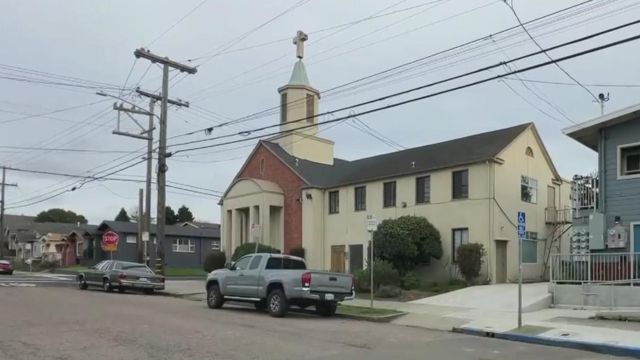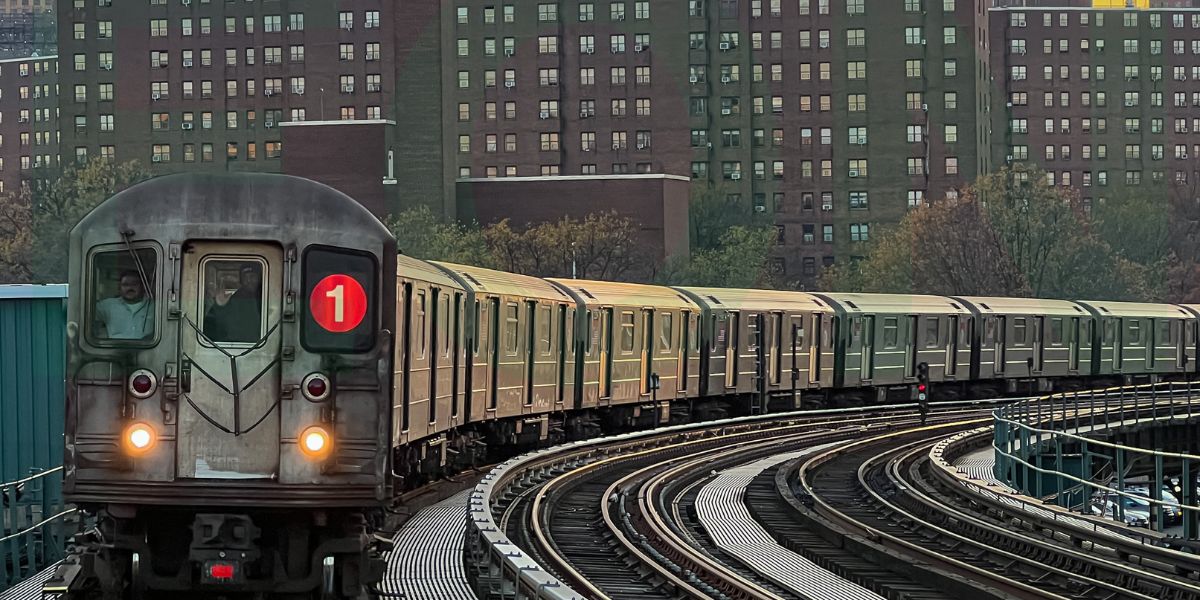Once located in a mostly black Berkeley area, the church has been converted into a multi-million dollar residence.
Researchers report that church attendance is declining, and a new state law is making it simpler for places of worship to be turned into residential buildings.
Pastor Barry Cammer, who is retired, lives close to several churches that have closed over the years.
“I’m more interested in what is the something else that it’s become and not, ‘Oh, another church closed’,” Cammer stated.
What was originally the New Light Baptist Church on Parker Street, in the predominantly Black South Berkeley area, is not far from Cammer’s residence.
According to data from the US Census Bureau, less than 30% of people are Black nowadays. The chapel has been converted into a stylish single-family home with six bedrooms and three bathrooms.
“It would make me glad to serve middle-class and lower-class individuals. I’m not sure I’d be all that happy if it’s simply servicing the wealthy, Cammer remarked.
In 2016, the dilapidated chapel was purchased by architect Josiah Maddock for $540,000.
“At the time, I was broke. I was searching the Bay Area for my first home,” Maddock said.
He worked nights and weekends on a year-long refurbishment, living inside what he dubbed a construction zone.
“As an architect, being able to convert a church into your house is really a dream project,” stated Maddock.
There are still some church relics.
“Architecturally, we tried to keep the space as open as possible and preserve all those details, and just really honor the space that it had been,” Maddock explained.
Maddock rents out the property because he no longer resides in the Bay Area. Instead, Cammer and his neighbors hope that struggling churches will figure out how to use their land for the construction of affordable homes.
“I believe it’s the role of the church to do exactly that,” Cammer stated.
Through public-private partnerships, the McGee Avenue Baptist Church, which is located just across the street from Cammer’s residence, will be able to construct eight new affordable housing units on its property in 2022.
David Garcia oversees policy at the Terner Center for Housing Innovation at UC Berkeley.
“A lot of these organizations are having trouble making ends meet. Purchasing a home may be a means for them to discover new goals and cash streams,” Garcia stated.
The new California law, SB 4, will override municipal zoning limitations and streamline the permitting process for faith-based organizations and non-profit colleges to develop inexpensive, multi-family houses on land they control.
“Most of these organizations don’t have experience in building or managing homes on their own, so anything the policy makers can do to make the process more certain, to remove risk, is going to help these organizations move forward on these kinds of projects,” Garcia stated.
In the midst of a housing crisis, it might assist struggling churches stave against frantic sell-offs and construct inexpensive apartments.
“Even if we only see one church here, and there in our neighborhoods, think about that scale across the whole state, and how big of an impact that can have on the overall deficit,” Garcia added.
“I believe in the expression that sometimes a church has to die, that something else might arise from that,” Cammer added.
For Cammer, it’s not a leap of faith. It’s only one positive step, though.
According to recent study by the Terner Center for Housing Innovation at UC Berkeley, the new SB4 law frees up almost 171,000 acres throughout the state—nearly five times the size of Oakland—for faith-based organizations to turn parking lots and underused property into affordable housing.
Research indicates that church attendance is declining nationwide. According to a Pew study, 92% of Americans identified as Christians in 1972. That percentage will fall to less than 50% by 2070.




